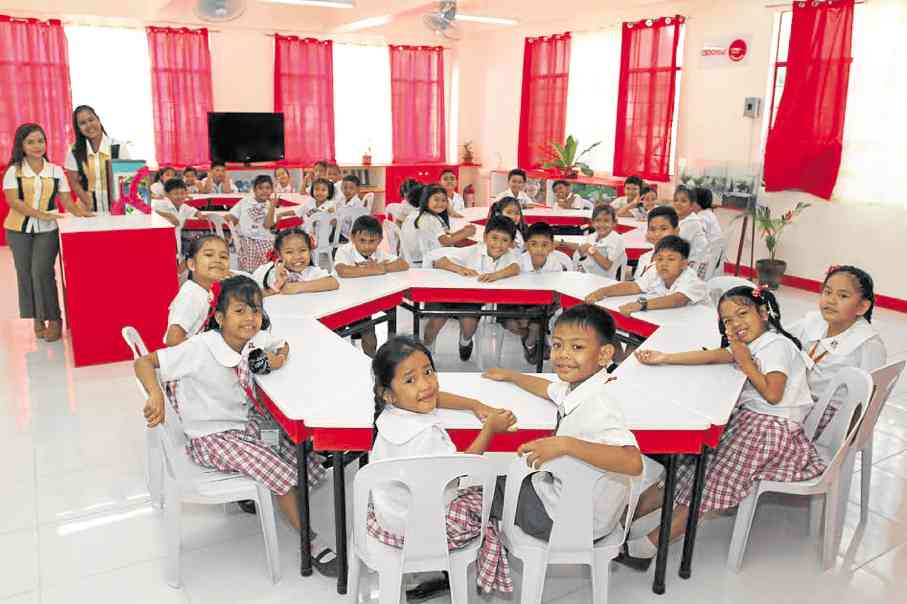The Aboitiz Foundation, the corporate social responsibility (CSR) arm of the Aboitiz Group, worked hard to deliver more purposeful and impactful projects in 2016, implementing P123 million worth of “CSR 2.0” projects out of the total of P245 million allotted for all CSR projects in education, enterprise development, environment, and health and well-being.
This figure accounted for half of all Aboitiz Group projects in 2016—higher than the 16 percent and 7 percent allotments for CSR 2.0 projects in 2015 and 2014, respectively.
In 2015, the Aboitiz Foundation began implementing CSR 2.0 projects, seeking to go beyond mere one-time dole-outs (CSR 1.0).
Under CSR 2.0, the Aboitiz Foundation began executing community projects that deliver longer-term benefits and are aligned to the Aboitiz Group’s core competencies.
As the Department of Education’s largest private partner in education, the Aboitiz Foundation invested the largest portion of its budget here.
To date, this has included adopting 35 technical vocational high schools and 10 special science elementary schools, constructing 932 classrooms and 246 Aklat, Gabay, Aruga tungo sa Pag-Angat at Pag-asa (AGAPP) Foundation classrooms, rewiring 4,331 classrooms, and the donation of 1,695 stand-alone and 2,185 thin-client computer units.
Under enterprise development, the Aboitiz Foundation has to date provided P29.3 million worth of loans funded through leading microfinance institution Center for Agriculture and Rural Development (CARD), Inc. benefiting 2,597 individuals and donated 719 livelihood kits under Pilmico’s sustainable entrepreneurship campaign Mahalin Pagkaing Atin, benefiting 705 families.
Under environment, the Aboitiz Group remains on track to growing nine million seedlings by 2020 (revised upward from an initial goal of three million seedlings by 2015, met a year ahead of schedule) after ending 2016 with 3.8 million trees planted groupwide.
“We will continue building on our progress and deliver more shared value to our beneficiaries as we help advance business and communities that are safe, sustainable, and empowered,” said Maribeth L. Marasigan, Aboitiz Foundation First Vice President.


